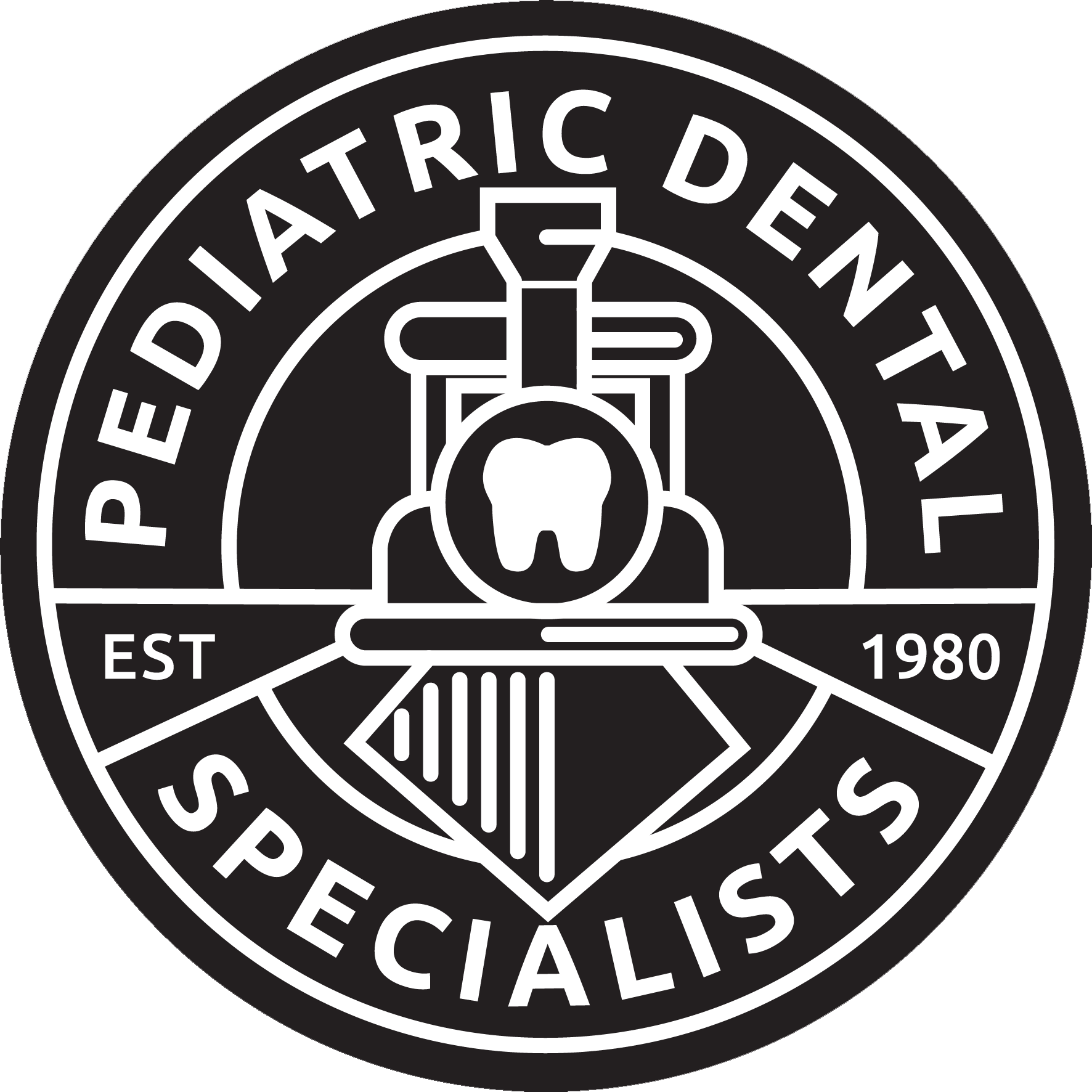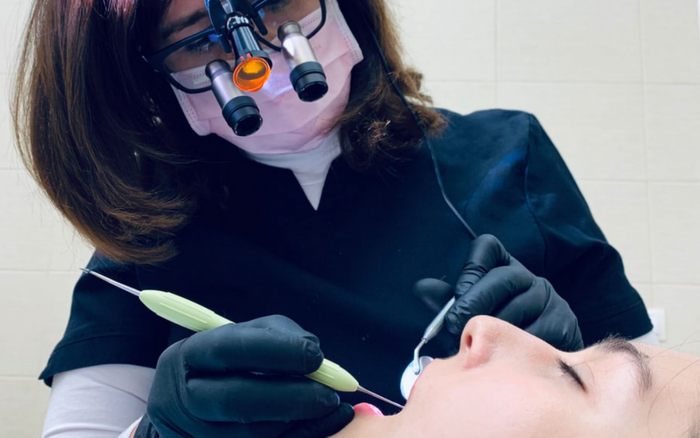If you’re a parent, the health and well-being of your child is likely a top priority. But while you might readily schedule check-ups with your family physician, you might be wondering whether it’s really necessary to make regular visits to a dentist for kids. And even if you know that childrens pediatric dentists serve an essential purpose, you may believe certain misconceptions about oral health for kids.
In today’s post, we’re clearing up just some of those misconceptions in an effort to show how important consistent and early dental treatment can be. Ask any dentist for children and they’ll be able to clear up the following misunderstandings.

